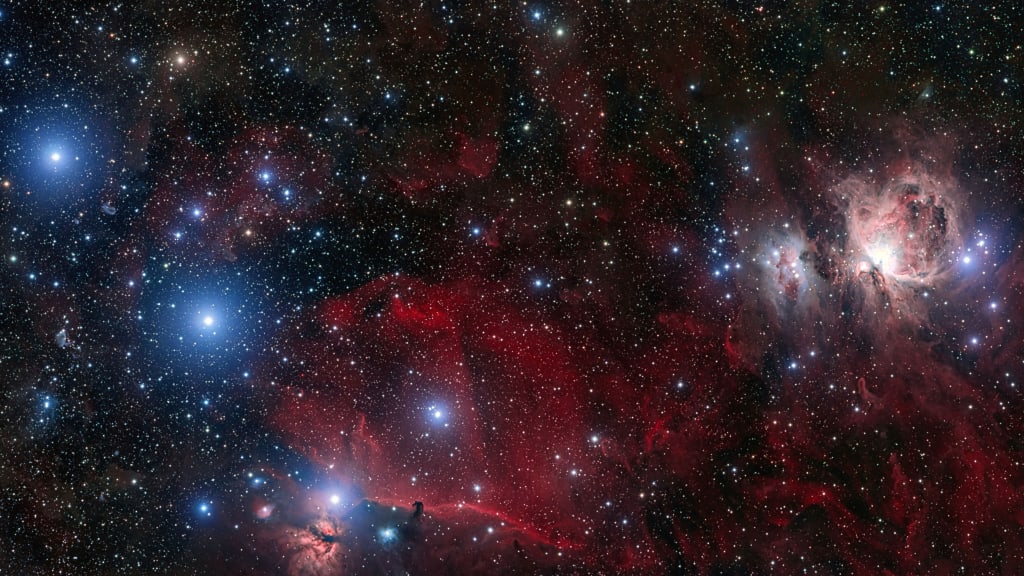The Universe and Humanity
Exploring Our Place in the Cosmos

The universe is a vast and mysterious place, filled with countless stars, galaxies, and planets. It has fascinated humans for centuries, inspiring us to explore and discover its secrets. But what is our place in the cosmos, and how do we fit into the grand scheme of things?
The universe is estimated to be around 13.8 billion years old, and it began with a massive explosion known as the Big Bang. Since then, the universe has been expanding, and galaxies have formed and evolved over time. Our own galaxy, the Milky Way, is home to billions of stars, including our own Sun, which is located in one of its spiral arms.
But what about humanity? How do we fit into this vast and ancient cosmos? The truth is, we are a relatively recent addition to the universe, having only been around for a mere fraction of its history. Our species, Homo sapiens, evolved on Earth around 300,000 years ago, and we have only been exploring space for the past few decades.
Despite our relatively short existence, humans have made remarkable strides in our understanding of the universe. We have developed sophisticated telescopes and other instruments that allow us to observe and study the cosmos in great detail. We have sent probes and rovers to other planets, and even landed humans on the Moon.
One of the most significant discoveries in the field of astronomy is the realization that our universe is not static, but rather, it is expanding at an accelerating rate. This discovery, which was made in the late 1990s, has revolutionized our understanding of the universe and led to the development of new theories about its origins and fate.
One of the most compelling theories is the idea of a multiverse, which suggests that our universe is just one of many parallel universes that exist. This idea has gained traction in recent years, as scientists have explored the implications of quantum mechanics and other fields of physics. The multiverse theory suggests that there could be an infinite number of universes, each with its own set of physical laws and properties.
While the idea of a multiverse is fascinating, it raises important questions about our place in the cosmos. If there are countless other universes out there, what makes our universe special? Is there any significance to our existence, or are we just one tiny speck in an infinite sea of universes?
These are difficult questions to answer, but one thing is clear: humans have an innate desire to explore and discover the universe, regardless of our place in it. Our curiosity and thirst for knowledge have driven us to push the boundaries of what we know about the cosmos, and to seek answers to some of the most fundamental questions about our existence.
In many ways, our exploration of the universe is a reflection of our own humanity. We are a curious and adventurous species, driven by a desire to understand the world around us. Our pursuit of knowledge has led us to develop new technologies, to make groundbreaking discoveries, and to unlock some of the universe's most profound secrets.
As we continue to explore the universe, we will undoubtedly uncover new mysteries and encounter new challenges. But one thing is certain: our journey will continue, and our curiosity and sense of wonder will drive us forward, no matter what lies ahead.
In conclusion, the universe is a vast and complex place, filled with countless wonders and mysteries. Humans are just one small part of this grand cosmos, but our exploration and discovery of the universe reflect the very best of our humanity. We will continue to push the boundaries of what we know and to seek answers to some of the most profound questions about our existence.





Comments
There are no comments for this story
Be the first to respond and start the conversation.